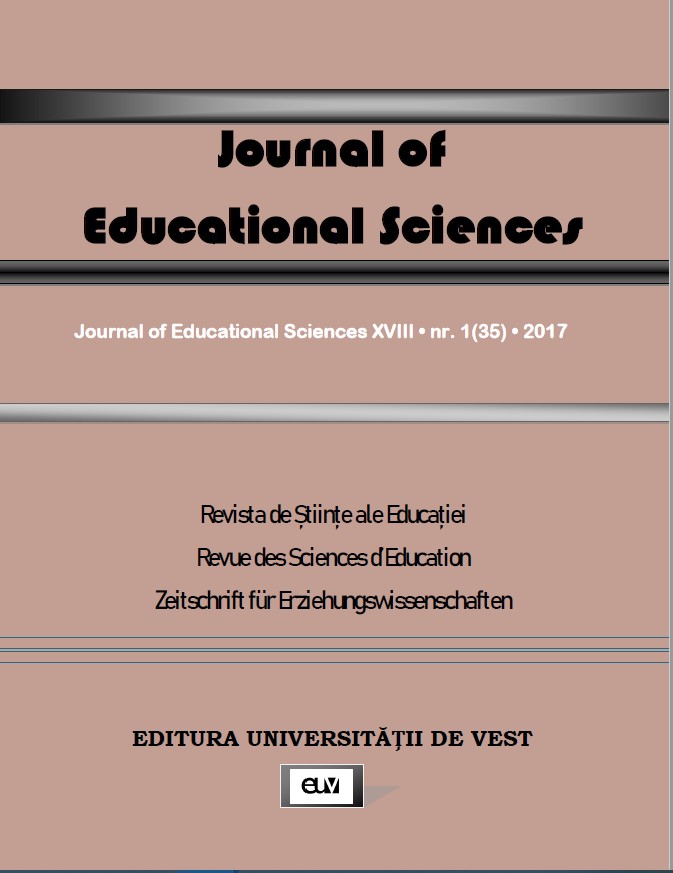Analysis of scientific research on test anxiety and other emotions identified in the academic field
Analysis of scientific research on test anxiety and other emotions identified in the academic field
Author(s): Roxana I. HolicSubject(s): Social Sciences
Published by: Editura Universității de Vest
Keywords: academic emotions; control-value theory; test anxiety; academic performance.
Summary/Abstract: The results of studies addressing the impact of emotions on the academic field support that affective states influence the motivational and cognitive processes that are relevant to cognitive performance. More specifically, it has been shown that mood and emotions facilitate congruent memory processes, suggesting that positive affective states can increase motivation in addressing tasks, while negative emotional states can increase motivation to avoid them. In the control- value theory, academic emotions are defined as the emotions directly associated with learning activities or school results. According to this theory, there are four groups of emotions identified: positive activating emotions (e.g. joy, optimism, pride); positive deactivating emotions (relaxation, satisfaction, relief); negative activating emotions (anger, frustration, anxiety, shame); and negative deactivating emotions (boredom, sadness, disappointment, despair). Students’ anxiety, especially anxiety manifested in evaluative contexts - is one of the most studied emotions in the academic field, and has been addressed in more than 1,000 studies. Test anxiety is a serious problem for many of the students in gymnasiums and high schools. Even though large-scale studies have seen some decrease, nearly 33% of students experience anxiety over evaluation, and those with high levels of test anxiety don`t achieve a very good academic performance. For students with test anxiety, both preparations for an examination and examination itself are causing a high level of worry and discomfort. As a result, affected students fail to meet their potential, and the results of evaluations do not represent them, or their real level of knowledge and learning.
Journal: Revista de Științe ale Educației
- Issue Year: 35/2017
- Issue No: 1
- Page Range: 59-71
- Page Count: 13
- Language: English

